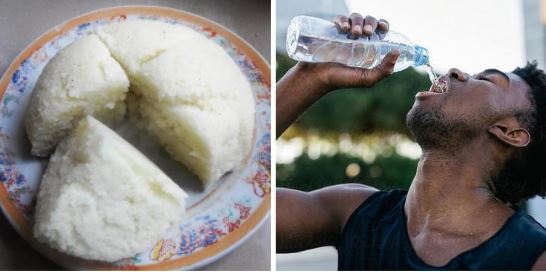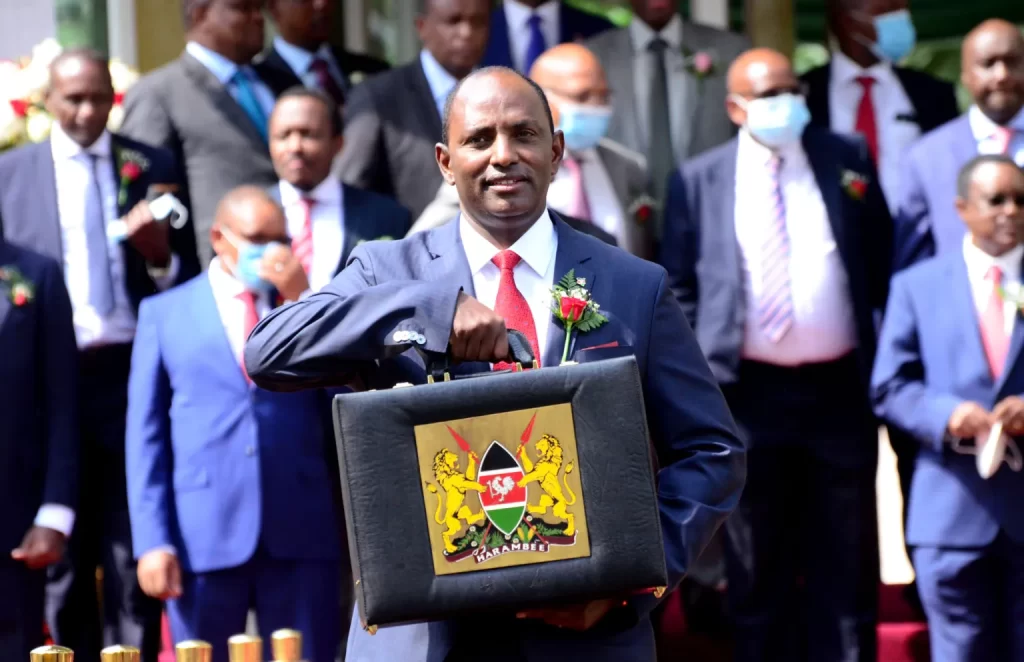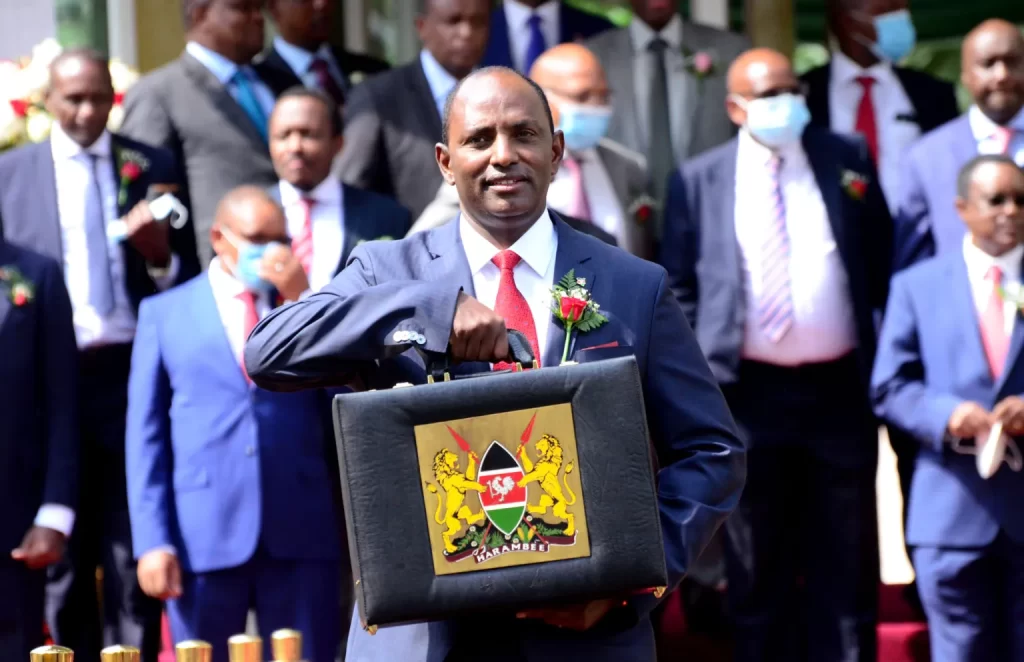More Tears for Kenyans: Why price of ugali, ice cream, water, juice, chapati is set to rise

Wheat and maize flour will be subject to a value-added tax (VAT) by the government.
The flours are now zero-rated to keep food prices in check, but in the Finance Bill 2022, the National Treasury proposes to remove their zero-rated status.
The 16 percent VAT would raise food prices dramatically, particularly ugali, a mainstay in many Kenyan households.
Treasury has recommended removing maize, wheat, and cassava flour from the list of commodities exempt from VAT in the Bill, which examines additional revenue-raising measures for the fiscal year 2022-23.
The bill proposes to alter the VAT Act, 2013, first and second schedules, eliminating various flours from the list of VAT free (mentioned in the First Schedule).
Other list of items to be taxed
To fund the Sh3.31 trillion Budget, Treasury Cabinet Secretary Ukur Yatani proposes raising taxes on fruit juice, bottled water, ice cream, chocolates, cosmetics and beauty products, beer, wine, and cigarettes.
The CS wants the excise duty on fruit and vegetable juices raised from Sh12.17 to Sh13.30 per litre, paving the scene for a 9.3% increase in pricing starting in July.

The excise charge on bottled drinking water would increase from Sh6.03 to Sh6.60 per litre, while ice cream and other edible ice, whether or not containing chocolate, will be taxed at 15%.
Imported sugar confectionery will be taxed at Sh40.37 per kilogram, up from Sh209.88. White chocolate will be taxed at Sh242.29 per kilogram, up from Sh209.88.
Jewelry, cosmetics, and beauty products will be subject to a 15% excise charge beginning in July, up from 10% now, resulting in higher consumer pricing.
Beer and cigarette drinkers, as well as gamblers, have not been spared, and will be significantly reliant on excise duty alone to raise Sh300.96 billion.
Treasury intends to raise the tax on beer, cider, perry, mead, opaque beer, and combinations of fermented drinks with non-alcoholic beverages and spirituous beverages with an alcoholic strength of less than 6% to Sh134 per litre.
Consequences
Kenyans will be heavily hurt by this. Many are already struggling with high living costs, which have lately been compounded by the Covid-19 outbreak and the ongoing drought, which has left more than three million Kenyans in need of food assistance.
Treasury will comply with the International Monetary Fund’s (IMF) criteria by imposing a 16 percent VAT on maize and wheat flour. The IMF has been pressuring the government to increase tax collections.

The IMF had also requested that Treasury cut spending in areas like VAT refunds, which eat into government revenues while also being vulnerable to bogus claims.
“The Second Schedule to the Value Added Tax Act, 2013 is amended…in part A, by deleting the following paragraph ‘the supply of maize (corn) flour, cassava flour, wheat or meslin flour by more than 10 per cent in weight’,” reads the Finance Bill.
According to an Oxfam assessment released in March, 3.1 million Kenyans are at risk of famine and require food assistance as a result of the drought that hit the country in 2021 and this year.
Even as the Treasury gave pharmaceutical companies and automakers a break by exempting certain of the materials they use in their manufacturing processes from paying VAT.
The Finance Bill proposes revising the VAT Act’s First Schedule (which includes VAT-exempt items) to include plant equipment imported by pharmaceutical product producers.










